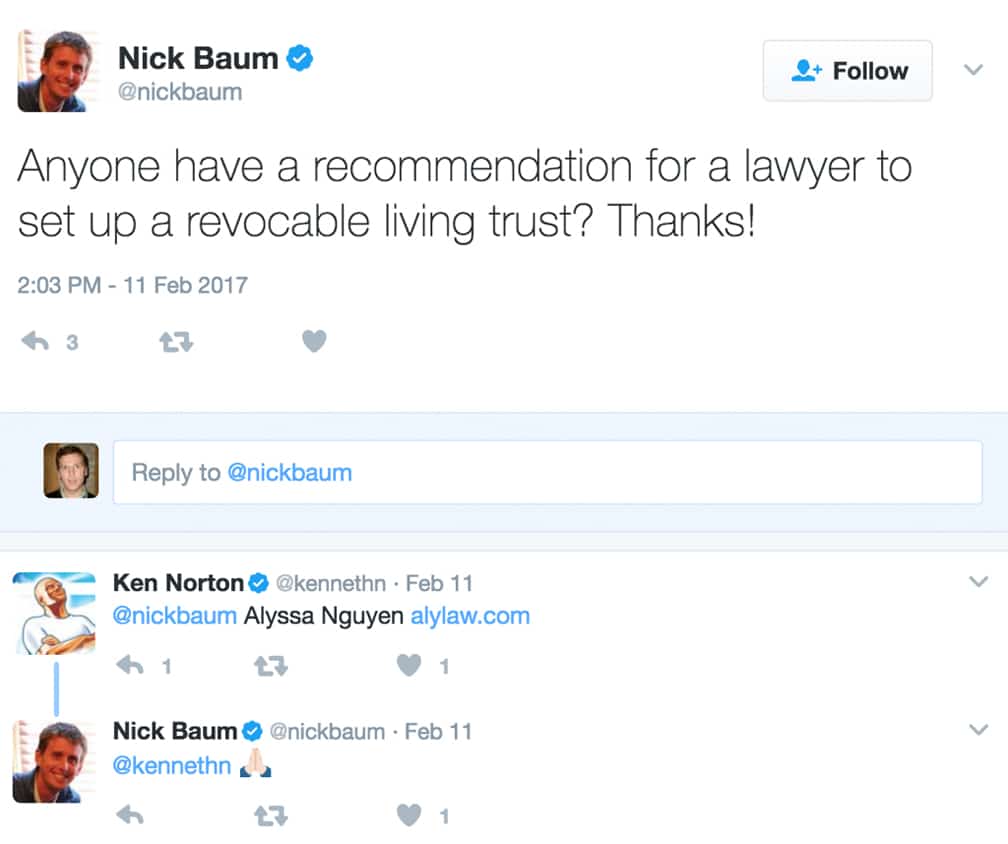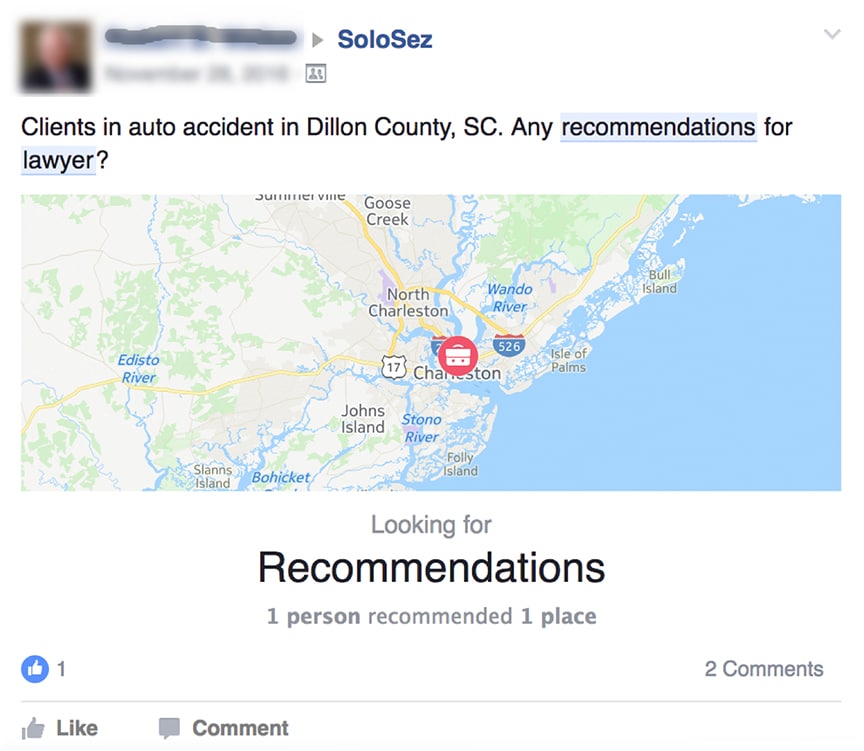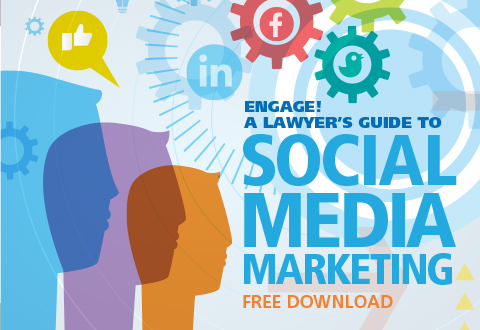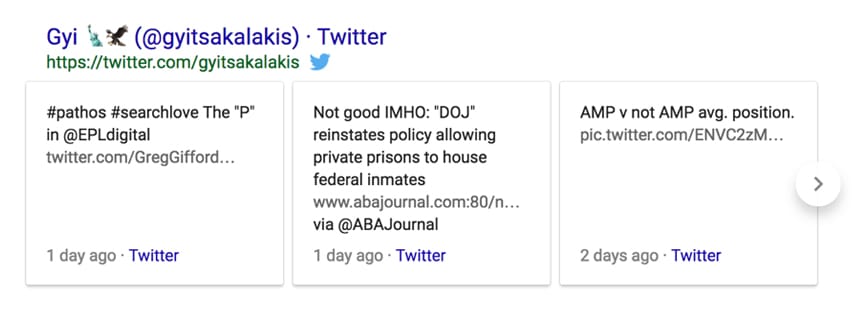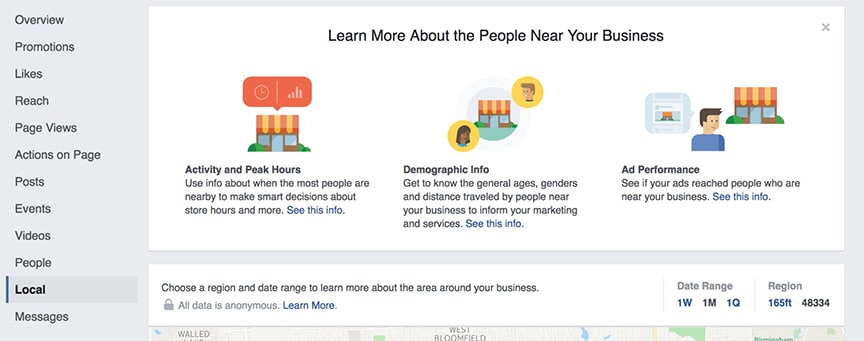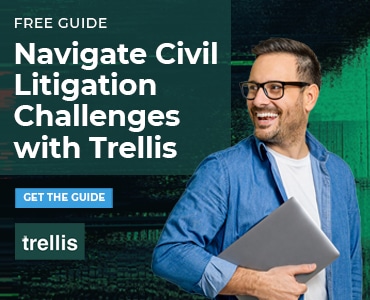Facebook turned 13 this year: Can we now stop calling social media a fad? In those 13 years, social networking platforms have evolved significantly. However, even more significant has been our evolution as users. We’ve gone from simple, periodic status updates to rich documentations of our daily lives.
For better or worse, the social web has become inextricably intertwined with the very fabric of our culture. And the evolution continues.
Plus ça change, plus c’est la même chose
Social media is trending in much the same way it has in past years: It’s an even more reliable tool for nurturing and solidifying relationships.
People turn to online social networks for recommendations on all sorts of things, including lawyers.
And this behavior is not limited to the public.
Yes, even lawyers ask for recommendations for lawyers from other lawyers on social networks. The truth is, despite the skepticism of many lawyers, people have been doing this now for years.
But many of you already know this. So, let’s dive right into what I think you ought to know (but might not) about using social media in 2017.
Be More Authentic
Some of you are probably sick of hearing this. This is not the sexy, cross-platform, custom audience, lead generation ad campaign advice you might want, but it’s the advice you need and deserve.
Whether you are broadcasting a Facebook Live stream or posting an Instagram Story, you had better make it authentic. If you publish those same boring legal videos that you have already been posting on YouTube, get ready to reap the social media whirlwind. Instead, publish things your audience actually cares about, like:
- What’s on your mind
- Answers to questions
- Teaching people something new
No, do not post another list of 10 things you should do after a car accident. And please stop adding “Contact us for a free consultation” to all your blog posts and social profiles. In fact, if you are just starting out, don’t do “legal” at all. Just be you. Act as if social media didn’t exist.
I can hear some of you asking through your computer screens, “But how will this lead to clients? Don’t people need to know about my knowledge, skill and experience?”
Sure. Some of the people, some of the time, do. And if you can pull it off, do it. But most of you, especially those of you who are new to social media, will struggle with publishing legal content with which people will truly engage. If you don’t believe me, go try it. Did people comment on what you published? Did they share it? Did they contact you? If not, you might want to try, you know, to actually be social.
You see, people tend to recommend and hire lawyers who they know, like and trust. Building trust with Facebook posts is not likely to happen. However, if you are social in your posts, it is very likely that you will meet people, get to know them and be on their mind. Getting them to like you — well, that will take more than just this post.
Nonetheless, by being more authentic, you will increase the odds that you will be on the mind of someone at that critical moment when they reflect on the question: Who do I know that is a lawyer that can help with this kind of thing?
Be More Engaging
Too many lawyers are talking past people online. After all these years, they still think of the social web solely as a broadcast medium. So, they paste commercials, ads and offers that shout “LOOK At Me!”
In 2017, I encourage you to listen more and pay more attention to what people are saying and writing online. I can’t tell you how many times I see lawyers’ social profiles ignore engagement from their audience and community. When someone takes the time to read, like, share or comment on something you or your firm publishes, at a minimum you ought to consider acknowledging it. At best, your silence comes across as arrogance. At worst, your readers will assume that your social presence is fake, in which case, they are likely to ignore, unfollow or even block you.
People are getting better at filtering the phonies.
Try Live Video
Live video is now available on a variety of platforms. But you shouldn’t try to be everywhere. If live video is new and uncomfortable for you, spend time seeing how other people and businesses are using it. Get to know Gary Vaynerchuk online. Yes, Gary can be a bit abrasive, but between f-bombs he does provide some useful examples of how to use live video to build professional presence. If you are looking for a more lawyerly example, check out what Mitch Jackson is up to.
Try starting with Facebook Live. For most of you, Facebook is where your audience is. Explore the Facebook Live Map. Spend time watching how other people and businesses use Facebook Live. When you are ready for your first broadcast, follow these tips from Facebook:
- Tell people when you are going to broadcast in advance.
- Make sure you have a strong signal (preferably Wi-Fi).
- Write an engaging description so people know what your broadcast is about.
- Remind people to subscribe to future broadcasts to grow your audience.
Messaging Apps?
The numbers on messaging app usage are impressive. Lawyers who are active on social networks are getting inquiries from potential clients through messaging apps. For example, I have personally seen people message law firms through the firm’s Facebook Page to ask questions. This can create serious issues relating to client confidentiality.
Hopefully, it is obvious to you that no technology is 100 percent secure, 100 percent of the time. Even encrypted messaging apps can have vulnerabilities. Therefore, you should consider your use of messaging apps through the lens of your ethical obligations to clients. However, in my opinion, that doesn’t mean ignoring these technologies altogether.
The people in your professional network, including referral sources and potential clients, will expect to be able to connect with you through popular messaging apps. Understand how to use these tools ethically and reduce the communication friction between you and your next clients.
Social + Search
Social networks intersect with search engines in a variety of ways. Here’s one common example: a search on your name.
No matter how people hear about you, at some point, they are likely to look you up online. Most of these people will search Google. What they can find (or can’t find) will play some role in their first impressions of you.
Due to their authority and relevance, active social profiles tend to appear very prominently for searches on lawyer names and firm names. This makes it very easy for searchers to find information about you and your practice. For example, someone considering contacting you might be curious whether you share mutual professional connections. This information can be easily ascertained by performing a search and clicking through to your LinkedIn profile.
For years, claiming, optimizing and publishing on social profiles has also become a reliable method of online reputation management. Put simply, you can use social profiles to influence the results that appear on searches for your name.
Finally, social networks are incredibly useful to distribute content to audiences that are likely to link to and further publicize it. As you probably know by now, links to your pages are a key signal that search engines use to calculate when and where to show your pages in their results. If you are serious about search engine optimization (SEO), you should understand the power of social media to promote your pages.
Social + Local
Access to people across the globe is truly one of the most fantastic features of social media. However, for lawyers who serve clients at the local level, social media’s ability to connect with local communities is what’s most valuable.
Use Facebook’s “Local” tab for local market research. Understanding your local audience will help you shape posts that are the most likely to earn their attention and engagement.
Here are a few steps to get started:
- Post hyperlocal content. Cover your local community as a local journalist might.
- Partner with local businesses, charities and nonprofits. Partnering with others to create campaigns is very effective for earning attention from new audiences.
- Pay for social media ads. Paying for local business promotion on Facebook can be incredibly effective for building awareness in your local community.
Build a reputation for supporting your local community. Demonstrate your commitment by sharing your involvement online.
Pay Attention to the Fundamentals
In 2017, focus on the fundamentals of what makes social networking so valuable: connecting with the people who make a difference for your practice.
Illustration ©iStockPhoto.com
Subscribe to Attorney at Work
Get really good ideas every day: Subscribe to the Daily Dispatch and Weekly Wrap (it’s free). Follow us on Twitter @attnyatwork.




